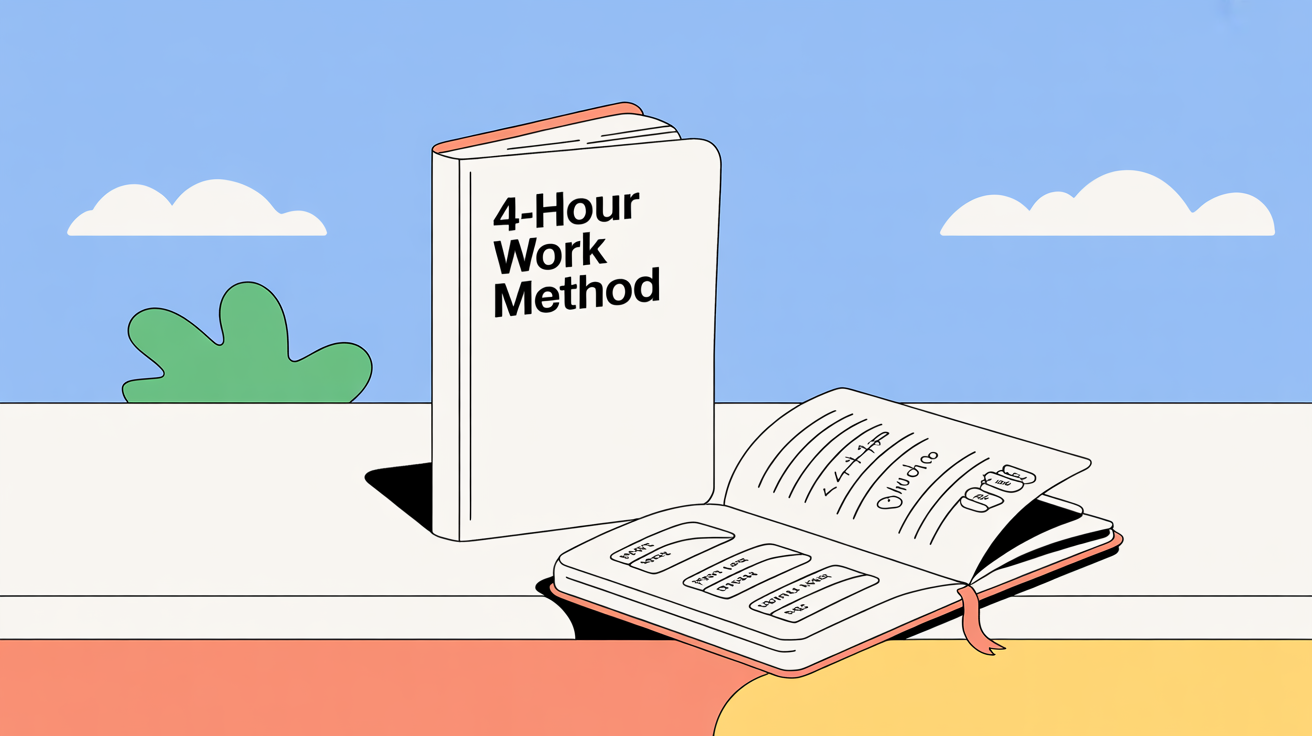To annihilate humanity is disarmingly simple: tell them there will always be a tomorrow. Secure in that illusion, they cease to strive today.
Yesterday I swore I would rise at six, read for an hour, and finish editing my video by noon. Instead, I slept past eight. “Breakfast first,” I told myself. After breakfast came a cigarette, then a quick game for “just a moment.” In a blink it was eleven—time, naturally, for lunch. Thus my creative pilgrimage began at one in the afternoon.
A folk verse suits the scene perfectly:
For want of a nail, a horseshoe was lost;
For want of the shoe, the horse was lost;
For want of the horse, the rider was lost;
For want of the rider, the battle was lost;
For want of the battle, the kingdom fell.
By noon, remorse was nibbling at my conscience like a sharp-toothed worm—no rending agony, yet a constant, disquieting sting.
Psychologists note that mere sloth is only procrastination, a bad habit easily shed. But when delay spawns guilt, self-denigration, anxiety, or depression, it becomes a pathology—the “thief of life.”
Leonardo da Vinci, adorned with every Renaissance laurel, still whispered on his deathbed, “Tell me, tell me, what have I ever finished?” I lack his genius yet share, it seems, his torment.
How then to rout procrastination?
- Banish perfectionism. We crave a grand debut—effort concealed, success instant. Nonsense. A symphony begins with a single note, a blaze with a single spark, a garden with one seed. The flawless beginning never arrives; an imperfect start is already one-third of victory. Perfection is a compass, not a destination—pursue it, do not worship it.
- Decide swiftly. Endless deliberation kills initiative. A donkey, finding two haystacks, starved while choosing. Quick choice is not rashness: gather essential facts, then let instinct point the way and reason plot the course. As “Tear Down the Walls in Your Mind” counsels, what intrigues you is often more vital than what seems meaningful.
- Manage time by lifting efficiency. Only those truly pressed need elaborate schedules—they hire secretaries. Most zealots of time-management suffer from low efficiency or chaotic goals. Each night list tomorrow’s three most crucial tasks; each morning attack them with undivided focus. Do this for a year, and productivity will climb exponentially.
Do not excuse yourself with legends of idle genius: Newton beneath the apple tree, Galileo watching a swinging lamp, Watt staring at a kettle. Their revelations crowned vast accumulation; quantity ripened into quality. Life’s cruelty lies here: some drift content, others labour toward distant glory, but the worst are trapped between—yearning to change, yet inert.
Dumas observed, “Through cleverness we grow cunning.” We are not yet base, but our cunning breeds delay, eroding the passion and courage to explore.
Our lives are forged by our thoughts; the reins are in our hands. Love life, let each day stand apart, and those singular days, laid end to end, will form a magnificent existence.












Discussion